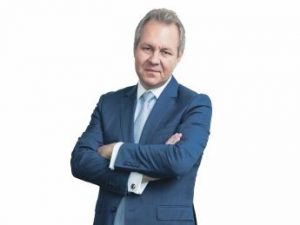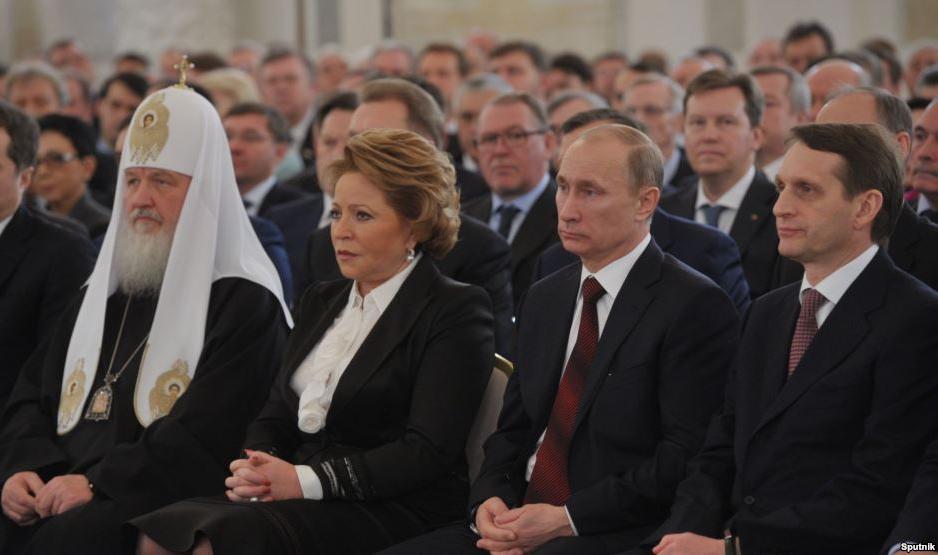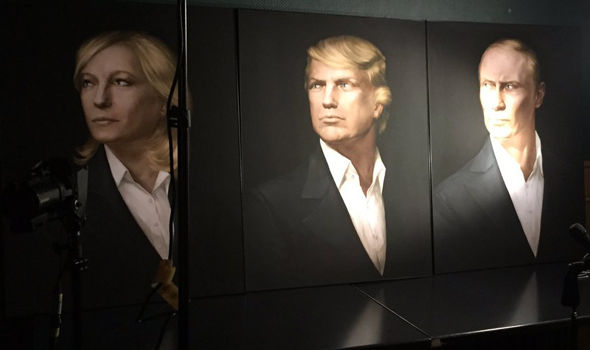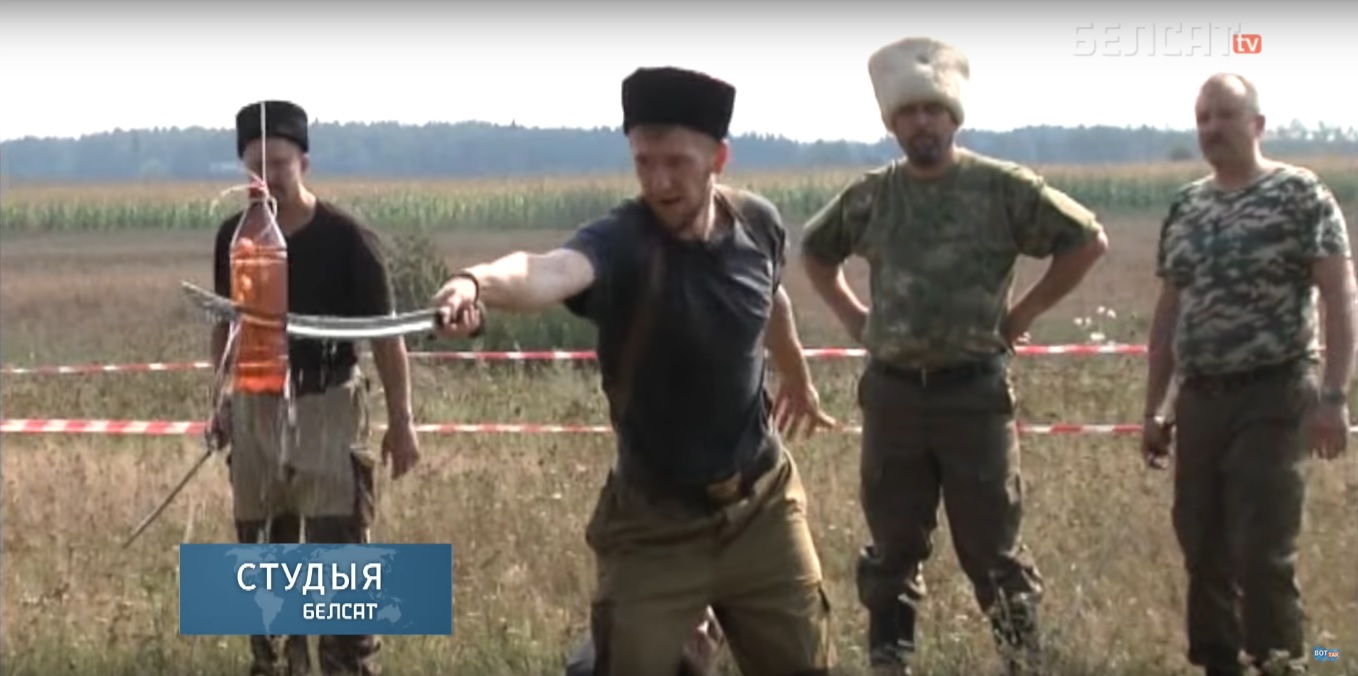One of the many debates that riled Western studies of the Soviet Union concerned whether that system could ever be reformed or would have to be destroyed and then replaced with something else. Some political analysts insisted that of course it could be reformed, while those who came out of the totalitarian school generally said that it couldn’t be.

Now, a similar debate has almost certainly been triggered about the Putin system, with US-based Russian economist Vladislav Inozemtsev arguing in an interview with Ekho Rossiya this week that “reforming the [Putin] system will be just as impossible as it was to reform the Soviet one.”
The director of the Moscow Research Center for Post-Industrial Society
says that Russia has an enormous capacity to survive the kind of sanctions the West has imposed or shows any sign of imposing in the future. Up to now, the West has imposed them to satisfy domestic political needs rather than to force Moscow to change, whatever politicians say.
Historically, Russia has gone through the same cycle that it is repeating today. “Russian statehood when it was active in its borrowing from the world beginning from Petrine times passed through several stages,” he says.
First, there arose a sense of being behind the world and a certain modernization began.” This “moved the country forward but exclusively within those limits which guaranteed the possibility that the authorities of the given time could strengthen themselves.”
Then, as a result of these reforms, the rulers recognized that they were threatened and began to put on the brakes. Again and again, stagnation occurred.
After that lasted for “several decades,” the sense that Russia is behind and must change things to catch up. That has led to periods of reform which in the end could not be fully carried out because the country’s “resources were exhausted.” As a result, there was decay, convulsions and even revolutions.
And as 2011 approached – a year “analogous to 1956 and the Soviet thaw” – the regime began to put on the brakes under various pretexts: [the annexation of] Crimea, the war with America and so on. This was the legitimation of stagnation.”
When the economy begins to decline and the standard of living along with it, the Kremlin will undertake “a hopeless attempt to revive this system. I suspect,” the economist says, “that this will not be undertaken while Putin is in office, but I may be mistaken. If the situation will get very difficult, perhaps it will happen even under him.”
“But to reform this system will be just as impossible as it was impossible to reform the Soviet system,” he continues, and therefore one must expect “major troubles.” That is all the more so because the Russian Federation is far more cut off “economically, socio-culturally and mentally” than was the Soviet Union at the end.
The USSR, Inozemtsev says, “in the 1980s was a country quite near to the Western world in its values however strange that may seem. These were not the values of democracy, but they were the values of education, a definite quality of life and an acceptance of the importance of technology and industrial development.”
It “was part of industrial civilization. A split took place when the West began to move into technological development and the Soviet Union remained mired in its gigantomania, metallurgical factories and Trans-Siberian projects.”
But today, Inozemtsev says, “this break is dozens of times greater.” Russians today “are not capable of producing a large part of what the developed world produces: we do not produce even the printer cartridges which are used to print out Kremlin laws.”
Moreover, under Putin, Russia is mired in Orthodoxy and imperialist values, at precisely the time “when the entire world is becoming tolerant and open.”
Inozemtsev says that he has “only one basis for optimism: Putin isn’t eternal. Personalist regimes have a common feature: they do not survive their founders. You must be ready for the fact that the system will collapse when its founder disappears.” All the institutions he has created will “disappear.”
Some people equate Putin and Russia and say without the one, there won’t be the other. That is possible: there won’t be any Russia if the current process goes on for much longer.
Unfortunately, the Russian opposition doesn’t provide “any reason for optimism. It will not overthrow this regime.” In many ways, he says, the Putin regime and its opponents mirror one another. “For me,” Inozemtsev says, “the figures of Putin and Navalny are identical, and leader cults [or either kind] will not lead to any good.”
Read More:
- Ukrainian OSINT sleuths release largest existing database of evidence of Russian aggression in Ukraine
- How Ukraine can protect itself from Nord Stream 2
- Eastern Ukraine statelets “effectively controlled” by Russia – PACE resolution
- A Killing Epidemic: The Culling of Russia’s Opposition Journalists
- Broad coalition of non-Russians launch Internet petition drive against Putin’s language policies
- ‘As long as Trump’s in the White House, Putin will remain in the Kremlin,’ Nemets says
- Putin thinks he’s winning and is expanding his Stalinist attack on West, Pavlova says





